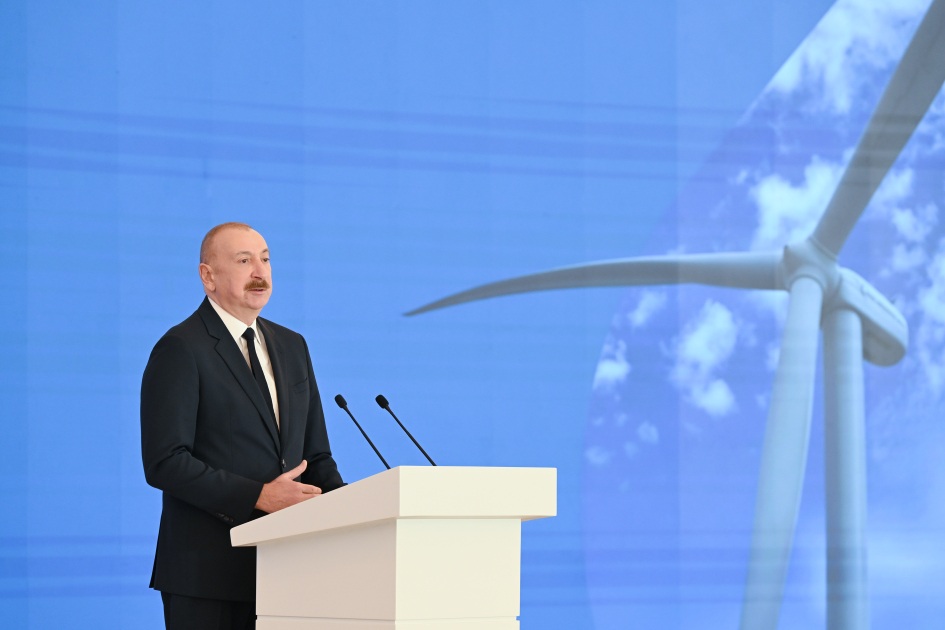Human Rights Watch (HRW) urged Qatar on Monday to eliminate male guardianship rules that prevent women making independent decisions on basic rights such as marriage, travel and accessing reproductive health care.
New York-based HRW said that after taking initiatives on women’s rights, including on education and social protection, Qatar was now falling behind Gulf neighbours, after Saudi Arabia in 2019 allowed adult women to travel without permission.
One of 50 women interviewed by HRW described females’ lives as akin to being “constantly in quarantine”. Now 40, her parents had refused to let her accept a scholarship to study abroad.
Unmarried Qatari women under 25 need guardian approval to travel abroad. Women can be subject to travel bans at any age by husbands or fathers, the rights group said.
While there is no law requiring permission to work or pursue higher education, some women said they still needed approval.
Qatar’s human rights record has been in the spotlight as it prepares to host the 2022 World Cup, especially over migrant workers’ conditions for which Doha has launched labour reforms.
Qatar described the HRW report as inaccurate but said it would investigate the cases.
“The government continues to enforce, introduce and expand policies that provide women with freedom and agency to make their own decisions,” the Government Communications Office (GCO) said in a statement.
The Qatar Olympic Committee announced on Sunday it would conduct a review to promote gender parity.
Last year, Qatar allowed women to obtain a driving license without permission but, as in other Gulf states, they require guardian approval to marry. Women cannot act as their children’s primary guardian, even if they have legal custody, HRW said.
Women are becoming more vocal about their rights, but laws limiting freedom of expression and association, government intimidation, and online harassment remain obstacles, it added.
In 2019, HRW said, women tweeted from an anonymous account about Qatar’s guardianship system, but it shut down within 24 hours after cyber security officials summoned one woman.
The GCO did not respond to a request for comment.
Source: Reuters





